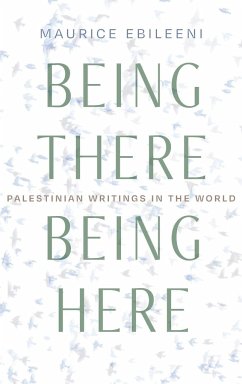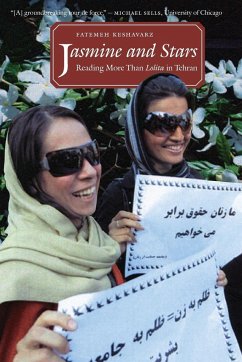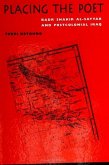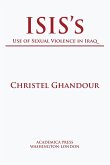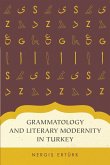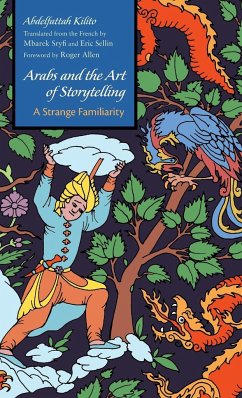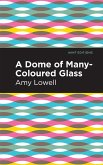Twenty percent of Palestinians--1.57 million Israeli citizens and over seven hundred thousand exiles and immigrants around the world--live in Europe and the Americas, participating daily in languages and cultures other than Arabic. The dispersion of Palestinians and the consequent diversity of experiences running through three generations since the Nabka of 1948 have significantly dispelled a sense of cultural homogeneity. This cultural diversification is powerfully reflected in literature as an increasing number of Palestinians are writing in Hebrew, English, Spanish, Italian, and Danish, among other languages. In Being There, Being Here, Ebileeni calls for a renewed definition of Palestinian writing, one that includes Anglophone, Nordic, Latinate, and Hebrew language literary works into the national canon. The relevance of studying Palestinian writings composed in languages other than Arabic is grounded in the tension between the idea of remaining loyal to a more-or-less fixed national narrative and the desire to understand the ongoing lingual and cultural proliferations of the Palestinian story. The concept of homeland remains inextricable to Palestinian experiences notwithstanding generation and location, but, it may not necessarily connote to the notion of home for those who were born and raised in the West. Although most of the works discussed here are steeped in the historic injustices committed against Palestinians, Ebileeni's intention is to unsettle this foundation for the purpose of yielding a richer and fuller understanding of Palestinian literary texts.
Hinweis: Dieser Artikel kann nur an eine deutsche Lieferadresse ausgeliefert werden.
Hinweis: Dieser Artikel kann nur an eine deutsche Lieferadresse ausgeliefert werden.
